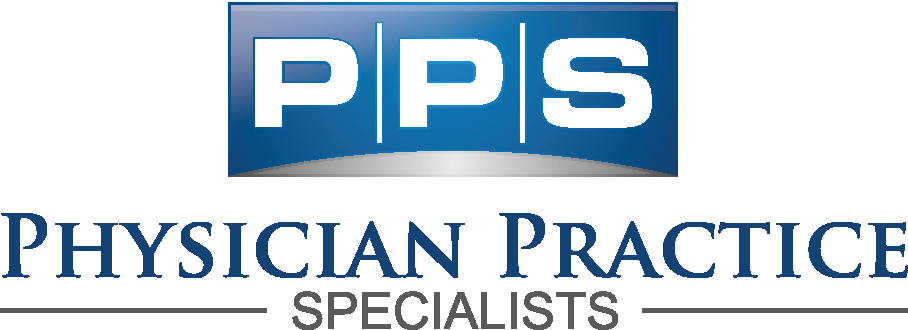Hint: Modifiers are your friends.
If you spend a lot of your valuable time processing appeals for denied claims, it’s time to fix your problems on the first claim submission so you can save time down the road and eliminate the need for appeals.
Novitas Solutions, a Part B contractor in 11 states, recently shared a tremendous amount of information about how your practice can avoid having to spend time filing appeals. Read on for ten essential tips from this MAC.
1. Confirm that all data pertaining to the service is accurate. Missing just one important element—such as the correct date of service—can cause your claim to enter the denial pile. You’ll spend a matter of seconds scanning your claim for accuracy before submitting it, but that will save a lot of time down the road when you don’t have to appeal.
2. Familiarize yourself with Local Coverage Determinations (LCDs). CMS defines LCDs as “a determination by a fiscal intermediary or a carrier under part A or part B, as applicable, respecting whether or not a particular item or service is covered on an intermediary- or carrier-wide basis…” This means that these are often different based on which Part B MAC you’re billing, so keep them handy to
see your local rules and regulations for any particular service.
3. Get to know the National Coverage Determinations (NCDs). These directives show you CMS’s national rules on how to report a particular service. Some regulations—such as non-coverage for cosmetic procedures—are universal and don’t vary on a MAC-to-MAC basis.
4. Use modifiers when applicable. Reporting a global code when someone else has already reported the same code with a TC (Technical component) modifier will prompt a denial for you. In these cases, when a modifier such as 26 (Professional component) applies, your appropriate use of it will make or break your claim.
5. Ensure that your documentation of a repeat or duplicate service shows the distinct nature of the two services. If you don’t document them separately—and use the appropriate modifier such as 76 (Repeat procedure or service by same physician or other qualified health care professional)—you’ll be facing denials.
6. Send supporting documentation when you’re using modifiers that require more detail, such as modifier 52. Some LCDs or NCDs will specifically indicate that you must submit additional records if you’re appending modifier 52 (Reduced services) or 22 (Increased procedural services). In these situations, if you submit the code and modifier but fail to send in the documentation, your service will be denied.
7. If the MAC requests documentation, send it immediately. Typically, when MACs ask for more information, they won’t pay you until you send it and they review it. Make certain that you don’t slow down reimbursement by complying with any record requests.
8. Ensure that documentation includes the rendering physician’s signature. There’s nothing as disheartening as sending in a claim, followed by supporting documentation, but failing to have the doctor sign the note and seeing a denial after all that work.
9. Describe unlisted procedure codes. Just turning in an unlisted CPT® code is not enough to collect payment from your MAC. You should submit your claim electronically with a short description of the procedure in the electronic equivalent of box 19 of the CMS-1500 form. Follow up with the paper claim and documentation and include a note stating that you’re sending a “documentation” copy, not a duplicate copy.
10. And last, but certainly not least, ensure your providers are properly credentialed with Medicare. If you are referring or rendering Medicare services, you MUST be enrolled with Medicare. You should not bill under another Medicare provider as you are going through credentialing unless it is a locums situation. The only exception to this would be to bill as a locums provider using the appropriate modifier.
Resource: To read Novitas’ complete list of ways to avoid appeals, visit
www.novitas-solutions.com/ and click “Appeals.”


